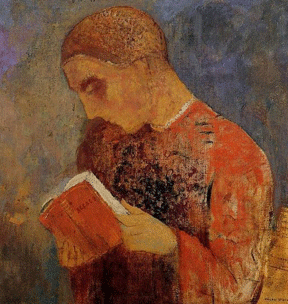
Answers about Questions
I was five minutes from a client meeting and my phone rang. It was an old friend calling. She asked if I could help her think through a dilemma and I explained that I had only a few minutes. She said she would describe the problem and we could talk it through later in the day. The dilemma was how to create a work schedule wedging in a new position with workdays falling during the week and over the weekend. She had flexibility but was unsure how to find the right balance. With two minutes to go, I asked, “What’s more important, creating a block of time for your personal life or maximizing work opportunity?” Without hesitating she answered “Personal life.” My next question was “Is this decision unalterable?” She said, “Wow, it didn’t even occur to me that this was not a permanent decision. I can change the schedule in a few months. This is really simple, now. I know the answer. Thanks!” I wasn’t late for my meeting.
The entire conversation lasted about four minutes after we got through the up-front hellos and is probably the fastest “coaching” session I’ve ever participated in. It comprised a problem about work-life balance and two relatively simple, though pointed, questions.
Questions are the most powerful tool in a life coach’s toolbox. A life coach does not typically answer questions but focuses on posing questions that encourage clients to connect with their values or examine a prevailing perspective. A good coaching question encourages people to look within themselves. This exploration should be revealing. It can reveal values that can drive decisions. It can also reveal the freedom to choose a more empowering perspective. Recognizing choice is the first step toward making one. The process sparks action.
The first question I asked my friend enabled her to identify values that simplified the dilemma. She knew what she wanted in her life and the schedule choices were narrowed quickly. The second question shifted her perspective. It allowed her to choose a perspective permitting her to see the problem as one with no dire, unchangeable outcome. Pressure gone, options clearer. At this point, she answered the question herself in no time. No need for a follow-up conversation!
This simple, true example illustrates the role a life coach plays in asking questions that enable clients to bring their values to the forefront and choose a resonant perspective from which to approach topics in their lives. A good question can be worth a lot more than a good answer. (Other Thoughts and Essays)
All content copyright Michael D. Rabin, Ph.D., LLC
